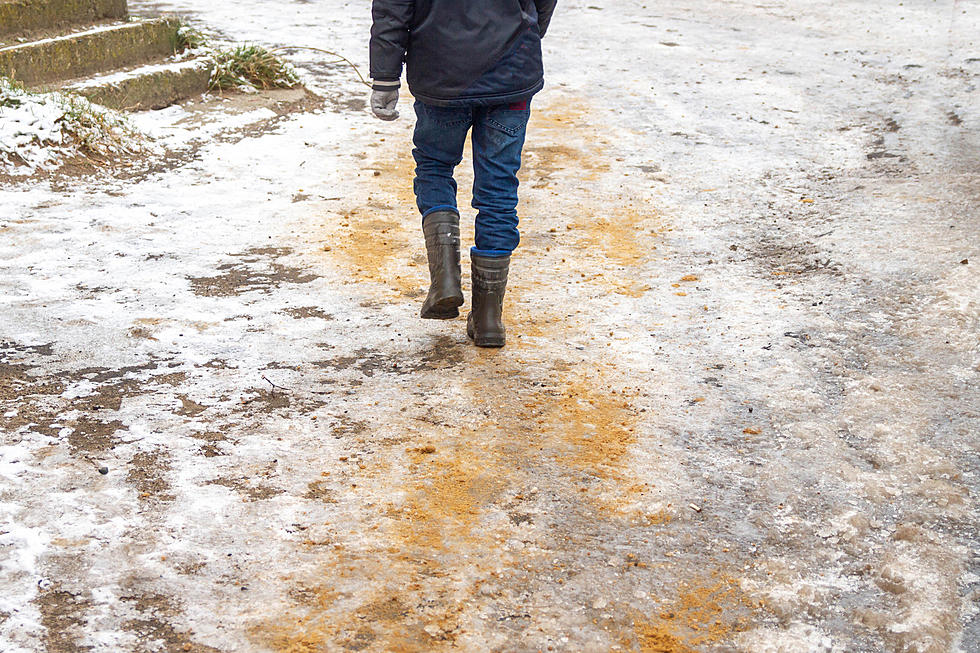
Possible Record-Breaking Temperatures Spark Heat Advisory from the National Weather Service for the Entire Duluth / Superior Region – Tips to Protect Yourself
With forecasted temperatures just over 90 degrees today, we might break the record of 89 set for this day. The heat and high humidity has prompted the National Weather Service to issue a heat advisory effective from 11 am to 8 pm Tuesday for heat index values between 95 and 105 through the Twin Ports, and along the North and South Shores of Lake Superior. How can you prevent health-related issues for yourself and those around you?
What is a Heat Index, and Why is it Important?
The Heat Index is essentially the summer equivalent to a wind chill in the winter months. During the winter, cold temperatures and wind combine to make for conditions that feel much colder than the air temperature reads on a thermometer - sometimes leading to dangerous situations. Similarly, during the summer, when heat and high humidity combine, it feels much warmer than your thermometer may say. This effect is what the "heat index" is, the perceived temperature. The chart below shows how heat index is calculated.
Heat-Related Illnesses and Concerns and First Aid
When heat indices reach into the "caution" level and beyond, as illustrated in the chart above, there is concern of these heat illnesses. Avoiding the midday heat and prolonged physical activity, along with staying hydrated are key in helping prevent these illnesses. The National Weather Service offers the following descriptions and tips for heat-related illnesses:
- Heat Cramps
- Symptoms include painful muscle cramps or spasms and heavy sweating
- Apply firm pressure to the cramping muscles or gently massage to relieve the spasm. Sips of water should be taken as well. If nausea occurs, discontinue water.
- Heat Exhaustion
- Symptoms include heavy sweating, weakness, cool/pale/clammy skin, weak pulse, dizziness, nausea or vomiting, or fainting.
- Someone suffering from these symptoms should be taken to a cooler environment immediately. Clothing should be loosened or removed, and cool wet cloths should be applied to aid in the body cooling process. Sips of water should be taken. If nausea or vomiting occurs, immediate medical attention should be sought.
- Heat Stroke
- Symptoms include an altered mental state, possible throbbing headache/confusion/nausea/dizziness/shallow breathing, high body temperature, skin may be hot and dry or individual may be sweating, rapid pulse, or unconsciousness in some cases.
- This is a severe medical emergency and medical assistance should be sought immediately. Individual should be taken to a cooler environment and reducing body temperature by sponging with cool water should be done. Fluids should not be given to the individual.
Tips to Prevent Heat-Related Health Issues
With the health concerns listed above, the National Weather Service offers the following tips to help in prevention of heat-related health issues:
- Avoid strenuous activities during the hottest part of the day (mid-late afternoon), and avoid overexertion during cooler parts of the day.
- Wear lightweight, light colored clothing
- Avoid high-protein food to prevent metabolic heat production
- Drink plenty of water - alcoholic beverages, soda, and caffeinated beverages are not recommended
- Spend as much time as possible in cooler, air conditioned environments
- Avoid sunburn. Sunburn reduces the body's ability to dissipate heat
More From B105









